By John Hart
Motivation
Utilization
Structure
Initiation
Curriculum
Motivate your kids to learn music by introducing them to various musical activities and music genres. Take them to concerts and musicals. Watch shows that are full of music. Listen to theirinterests. Ask, “What is your favorite instrument?” Sign them up for music lessons as early as 3 years old!
Utilize the instruments you already own or invest in a new or used instrument. All it takes to start piano in the beginning is a little plastic keyboard. You can always upgrade later. Eventually—have your kids play duets together!
Set a schedule for regular music practice. Some parents like to post a daily schedule for each of their kids that includes music practice. Remember—most young children need their parents to provide structure for their day—and this includes making sure that they follow through.
Initiate family times that incorporate musical performances—right in your own home! If you start when your kids are very young, it won’t seem contrived to them to do this when they are older. (Click on the picture below for an article about how our relatives have accomplished this in their own family.)
Curriculum! Once you start music lessons for your kids, be sure they are following a curriculum of instruction so they are progressing smoothly from one concept and skill set to the next. You can always add in extra pieces just for fun along the way. Have fun!



